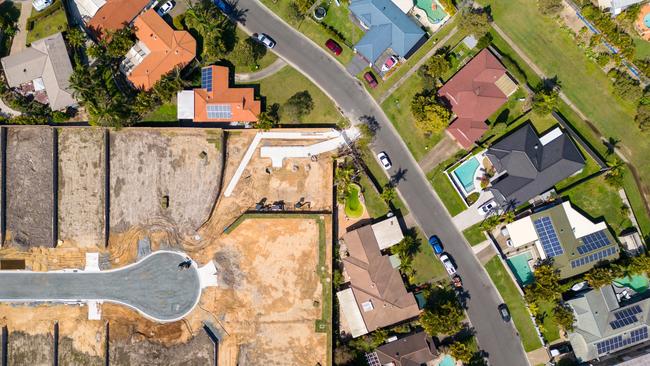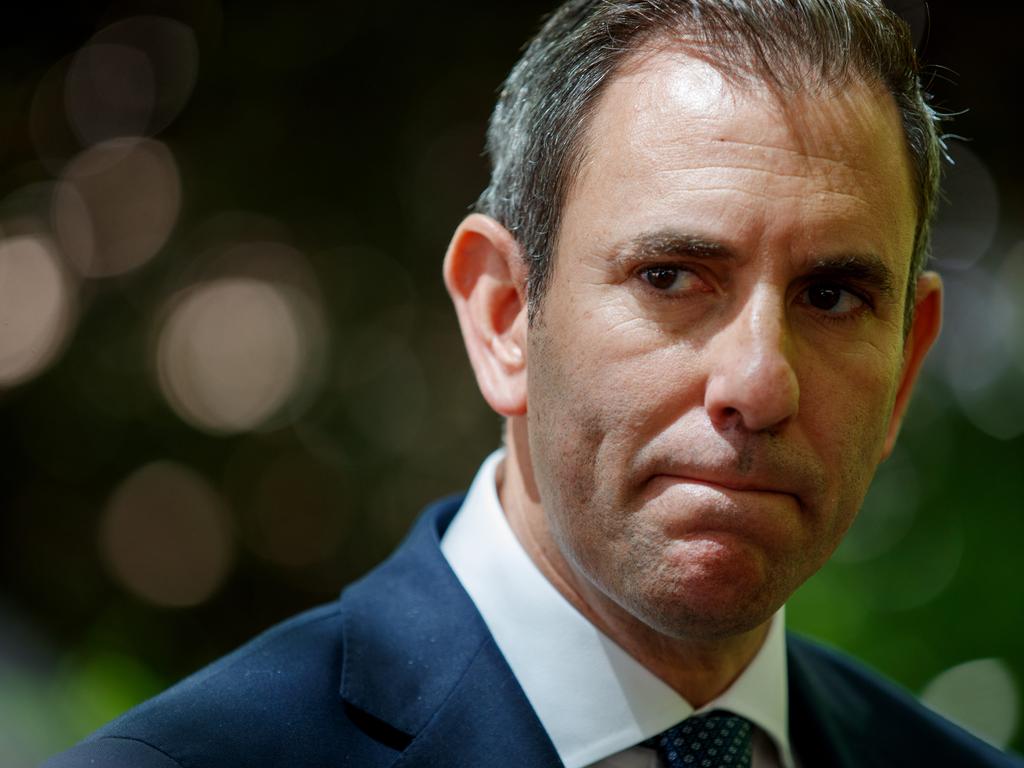Chalmers’ budget snubs mortgage belt folk who face inflation and further RBA rate hikes
As mortgage holders are left swinging in the wind, qualified support for the sector is emerging from an unlikely source: The major banks.

Mortgage holders have been left swinging in the wind as the federal budget unleashed a new risk of higher interest rates.
With fears mounting the ‘expansionary’ budget could also mean higher inflation than forecast by Treasury, it is looking increasingly like the nation’s home loan borrowers just got the opposite of a handout.
At investment bank Goldman Sachs, chief economist Andrew Boak suggests that “the risks are skewed to more tightening being required and potentially as soon as next month’s board meeting”.
Meanwhile, New York based ratings agency Standard and Poor’s appeared to directly challenge the government’s forecast that the budget package will be followed by much softer inflation numbers.
While Federal Treasury says that inflation rate will drop back into the Reserve Bank target range of 2-3 per cent in 2025. S & P’s budget note says: ‘We expect inflation to be stubbornly higher than the Reserve Bank of Australia’s target until fiscal 2026.’
As the mortgage belt is left to fend for itself in budget plans, qualified support for the sector is emerging from an unlikely source: The major banks.

Bank leaders are now openly lobbying lending regulators to change the rules which would allow home loan borrowers to borrow more: At present a bank must add 3 per cent to ensure mortgage serviceability is sufficient – that is, a borrower looking for a 6 per cent mortgage must be assessed on the basis of their ability to ‘service’ – or repay – a 9 per cent loan.
Meanwhile, CBA chief executive Matt Comyn has asked that the banks be allowed to extend borrowing facilities to potential householders where their builder has gone bankrupt, which is an increasing risk in the current climate.
Though the budget had a major rent assistance package and some tax breaks for build-to-rent developers, mortgage holders – or indeed ‘would be’ mortgage holders – aiming to buy their first home were offered precious little.
The only specific budget measure for homeownership was an already flagged modest improvement to one housing grant program – the First Home Buyer Guarantee Scheme, which now allows multiple applicants to join in the one grant application form.
Meanwhile, inflation pressure and mortgage stress signals are rising, with a higher portion of one income households now spending the majority of after tax income on mortgage payments.
David Bassanese, chief economist at Betashares warns ‘ the RBA will now feel the need to raise interest rates at least once – and possibly twice – in the coming months.’
According to Bassanese, ‘At the micro-level, most of the measures to support the housing sector are yet more demand-side stimulus programs, which will only encourage renters and first-home buyers to compete more vigorously for the limited supply of accommodation available in our major capital cities.’
The Housing Industry also points out that the issue of housing supply was missing in the budget.
Though the government is pushing to get its $10bn Housing Future Fund through parliament, there are major pressures building in the commercial market.
In its budget response the Housing Industry Association, reiterated ongoing concerns over lack of supply initiatives’ suggesting that housing affordability challenges facing Australian households can only be addressed if the supply of housing can align with demand.
HIA estimates that Australia needs 1.66 million additional houses by 2030, just to keep up with the demand from population growth.






To join the conversation, please log in. Don't have an account? Register
Join the conversation, you are commenting as Logout